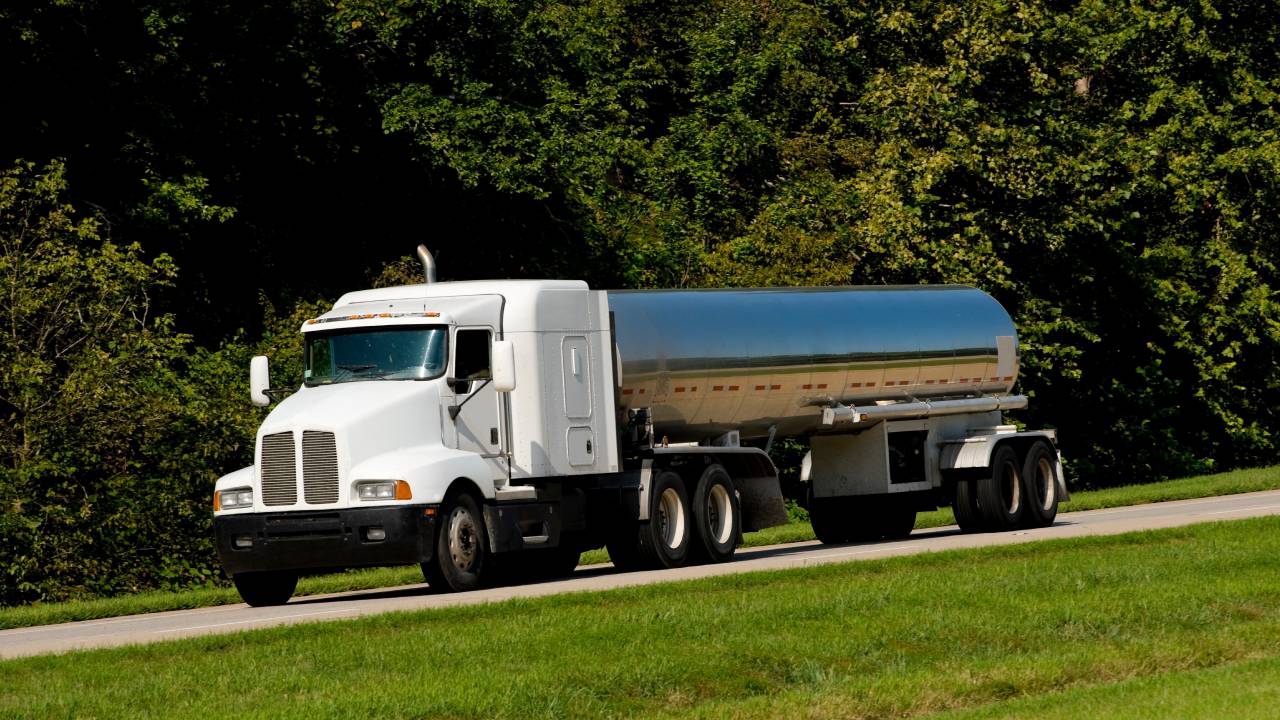Tanker trailers are vital for transporting liquids, gases, and other substances, so drivers must be dependable. These vehicles protect valuable cargo and the well-being of drivers and other motorists. Following best practices and maintaining high safety standards can prevent accidents, injuries, and disruptions. We’ll share five essential safety tips for tanker trailers that every fleet manager and operator should know.
Regular Maintenance and Inspection
The foundation of tanker trailer safety lies in regular maintenance and thorough inspections. A trailer in good condition is far less likely to experience mechanical failures than a trailer that isn’t up to snuff. Start by inspecting the brakes, tires, and wheels for wear, leaks, or damaged hoses. Additionally, understanding the essential tanker trailer parts can help you during routine inspections. You might be able to identify potential issues before they worsen.
Safe Loading and Unloading Procedures
Safe loading and unloading prevent spills and maintain balance during transit. Always load tankers according to design specifications, and avoid overfilling or underfilling. Before starting, confirm that all connections are secure. Unload the tanker trailer safely to manage pressure buildup.
Safe Driving Techniques
Transporting bulk liquids presents unique challenges. Sloshing and shifting cargo affects how the tanker handles on the road, so attentive and cautious driving is essential for the driver’s safety and that of other motorists.
The driver should follow the posted speed limit, especially on curves or uneven roads. Additionally, they should avoid sudden braking whenever possible, as it can cause the tank’s contents to surge and destabilize the trailer. Similarly, drivers should accelerate and turn gradually to reduce the risk of a rollover.
Emergency Response and Preparedness
Emergencies can happen, so drivers should be prepared for anything. They can familiarize themselves with the tanker’s emergency shut-off system and carry safety equipment, such as fire extinguishers and spill kits. In addition, drivers should know the substances they’re transporting, as response methods depend on the cargo.
Compliance With Regulations
Safety and compliance go hand in hand. Federal, state, and local regulations govern everything, from equipment standards to handling and transportation procedures. Adhering to these rules can prevent accidents and liabilities. All drivers should have updated training certifications, such as hazardous material handling. Additionally, the trailers must meet industry regulations for safety. Compliance reflects a commitment to safety and fosters trust with clients and partners alike.
Prioritize Safety for Successful Operations
Safety is at the core of every successful operation. By following these essential safety tips for tanker trailers, you’re investing in your business’s success and longevity. Whether you’re a driver or a fleet manager, these five pointers will help you stay on top of potential risks.

